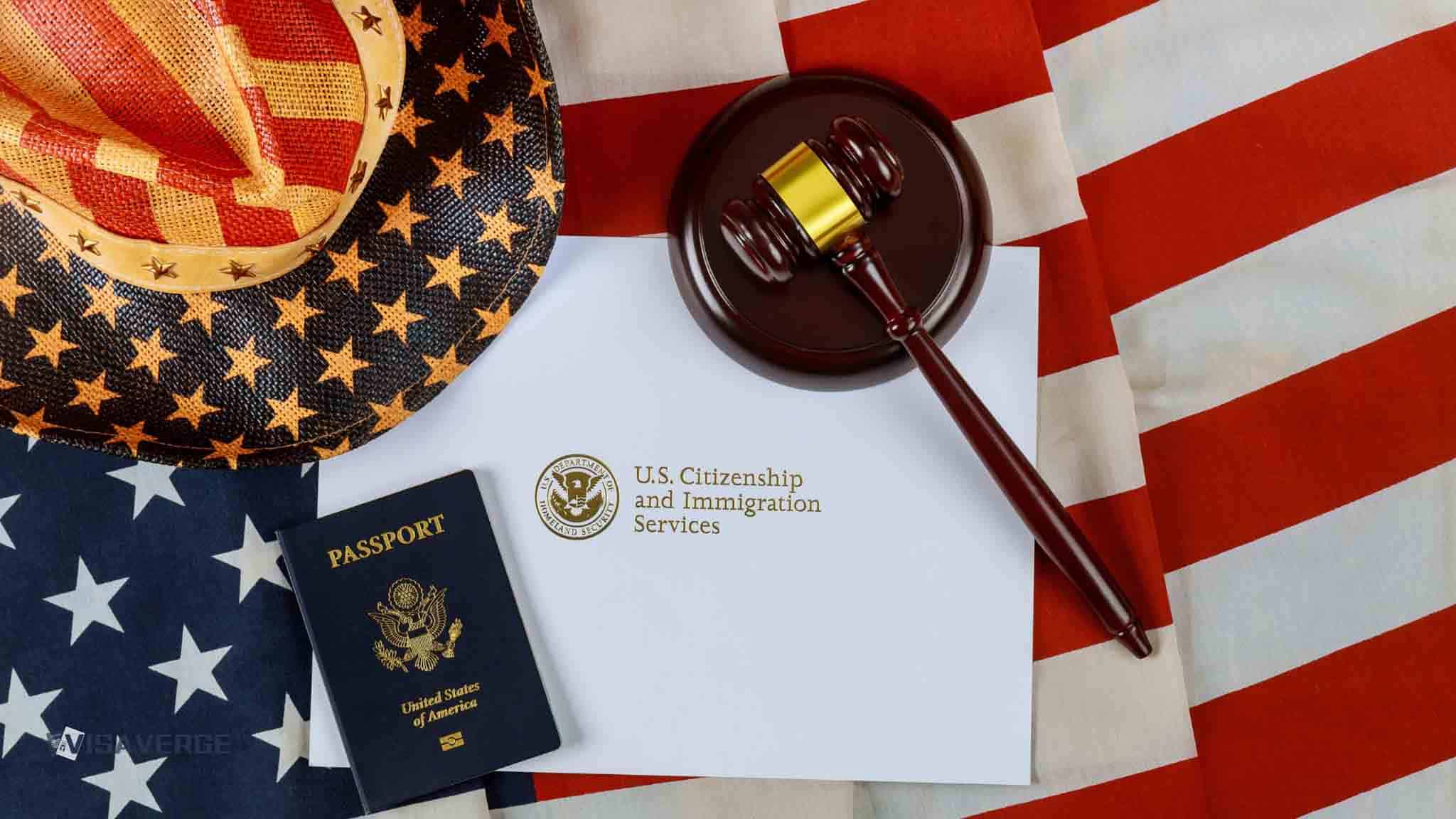(UNITED STATES) The 2025 U.S. government shutdown slowed asylum processing nationwide, as federal agencies reduced public-facing work and shifted limited staff to essential duties. While the U.S. Citizenship and Immigration Services continued to accept and work on affirmative asylum cases, applicants and attorneys reported USCIS Asylum delays in interviews, case updates, and responses to inquiries. In the immigration court system, detained asylum hearings largely proceeded, but a wide band of non-detained hearings was postponed in many jurisdictions, adding fresh strain to a system already stretched by long wait times and heavy backlogs.
How agencies responded during the shutdown

Officials kept core security functions running, yet some external checks that rely on partner agencies progressed more slowly than usual. That meant longer review times not only for asylum files but also for other USCIS cases that depend on interagency coordination.
Applicants who had counted on interviews or quick responses found themselves waiting for new notices or updates. In practical terms, people with cases at different stages experienced similar outcomes: matters stayed active but moved more slowly, and interviews were harder to schedule.
Difference between detained and non-detained cases
- Detained cases
- Hearings typically continued on schedule because they are treated as essential.
- Courts prioritized detained dockets even as other calendars thinned out.
- Non-detained cases
- Many hearings were pushed back, often without a new date immediately available.
- Local courts issued updates only when specific changes were necessary, creating uncertainty for families.
This approach helped courts manage limited capacity but left many people uncertain about planning for work, school, or medical needs.
USCIS posture and effects on applicants
Inside USCIS the stance was to keep the pipeline open but slow nonessential operations. The agency continued to accept and process affirmative asylum applications, yet:
- Interviews were delayed or reduced
- Customer service capacity shrank as staff focused on screening and backlog work
- Applicants calling or messaging often received less response than usual
- Case status checks continued to matter, but the feedback loop lengthened
Outcomes varied by office: some people received late interview notices; others found interview slots harder to obtain. The net effect was longer wait times and a longer path to final outcomes.
Practical guidance from attorneys
Attorneys advised clients to:
- Keep watching mail and online accounts.
- Appear at any scheduled events unless explicitly told not to.
- Stay in close contact with counsel about postponements and rescheduling.
Postponements in the immigration court setting rarely meant cancellation; they usually signaled a reset that fed the backlog and pushed timelines further out.
For applicants trying to rebuild stability, even small scheduling slips could add months of uncertainty—affecting children’s schooling, treatment plans, and employment.
Administrative ripple effects
With fewer public-facing services and slower interagency checks:
- Document requests and background follow-ups took longer, according to attorneys.
- These delays often did not appear on trackers but affected daily planning, especially for families coordinating multiple cases.
- VisaVerge.com reports these constraints worsened existing bottlenecks, particularly for non-detained dockets already burdened by high volumes and limited courtroom space.
In a system where timing is crucial, modest slowdowns can compound quickly.
Court-side dynamics
Judges and staff kept detained calendars active, consistent with longstanding practice during funding lapses. Non-detained hearings, however, faced postponements that rippled through 2025 calendars. Each delay nudged cases into later months, stacking onto earlier backlogs.
That pattern is familiar to observers of the immigration court system, where pauses trigger rescheduling cycles that can leave families waiting years between hearings. The shutdown magnified this cycle even as courts tried to minimize the number of notices they issued.
What applicants should do now
- Check for official updates and confirm attendance with counsel.
- Expect schedules to change and plan for additional waiting time.
- Maintain readiness to attend hearings or interviews on short notice.
Agencies signaled they were prioritizing vetting and backlog reduction over public counters and routine services. The implicit message was: cases are moving, but more slowly.
Looking ahead
Advocates say recovery depends on how quickly agencies restore interview capacity and how courts can reslot non-detained hearings without worsening the logjam. The shutdown’s immediate effects are visible in new piles of rescheduled cases and longer queues for interviews.
The longer-term worry is whether these USCIS delays and court postponements become embedded in timelines for the rest of the year. While essential dockets stayed in motion, the broader system must absorb missed days and reduced service—a difficult task even under normal conditions.
Where to find official information
Applicants seeking official updates can check the USCIS asylum page for general agency information and notices about office operations and case processing at USCIS Asylum. During the shutdown, that resource served as a steady reference point even as local practice varied.
Lawyers warned, however, that each case turns on specific instructions; missing a notice could lead to larger problems later. In a time of shifting schedules, the safest approach is to assume long-planned dates might change and to confirm attendance with counsel.
Final takeaway
The 2025 shutdown did not change asylum law, but it altered daily realities for people relying on government appointments and steady progress. For some, a single postponed hearing meant a new school year in limbo, a job opportunity lost, or medical plans delayed. For others, it meant interviews pushed into crowded calendars.
In both USCIS and court settings, the shutdown’s mark was clear: a system that kept its doors open, but with slower lines, tighter schedules, and more waiting for answers.
Frequently Asked Questions
This Article in a Nutshell
The 2025 shutdown reduced public-facing immigration services and slowed interagency checks. USCIS continued accepting affirmative asylum claims but delayed interviews, customer service replies, and case updates. Immigration courts prioritized detained hearings while postponing many non-detained dockets, increasing uncertainty and backlog. Attorneys advise monitoring notices, attending scheduled events unless told otherwise, and staying in close contact with counsel. Recovery hinges on restoring interview capacity and effective rescheduling to prevent longer-term timeline disruptions.













